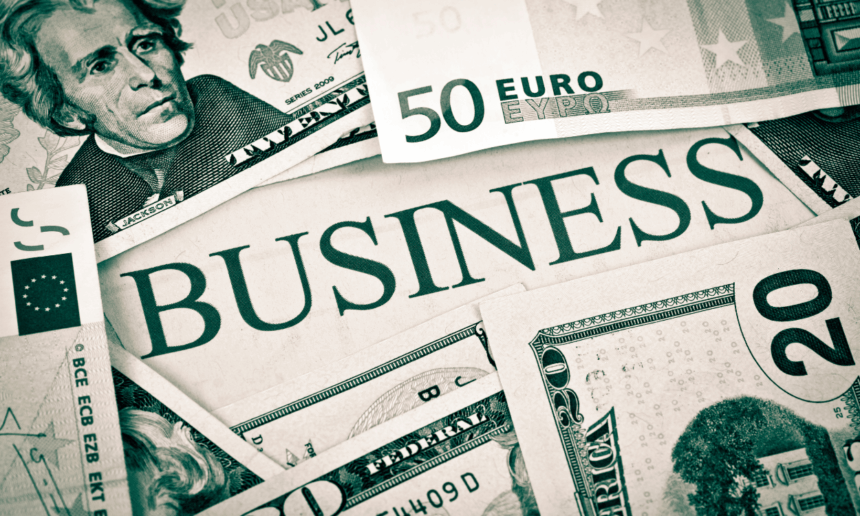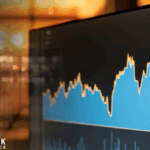Dutch startups experienced a significant investment surge in the second quarter of 2025, with approximately €716M initially reported, potentially reaching €747M based on further estimates. This notably signifies a resurgence, as both the investment amount and the number of deals have increased by 67% compared to the previous year. This uptick highlights a renewed investor confidence in the Dutch innovation ecosystem. Interestingly, although larger deals dominated, the diverse range of investment stages covered signifies a balanced growth.
In contrast to previous quarters, which saw fluctuations and uncertainties in the funding landscape, this quarter showed improvements in both the volume and scale of investments. Historically, the focus was largely on seed-stage funding, leaving later-stage companies seeking substantial funds with fewer options. Now, both early-stage funding and substantial Series B+ rounds are more evenly represented, hinting at a more mature ecosystem.
What Drives Growth in the Dutch Startup Ecosystem?
A total of 101 investments were recorded, making this quarter one of the most active in recent years. The prominence of larger financing rounds is particularly noticeable. Lucien Burm, of the Dutch Startup Association, speculates that while two swallows don’t make a summer, increased capital flow points to a healthy ecosystem that is adapting to market challenges.
Why Are Pre-Seed Investments Gaining More Attention?
Strikingly, there was a marked rise in pre-seed investments from 12 in Q1 to 20 in Q2, signifying a potential shift towards nurturing early-stage innovation. This was accompanied by a solid presence of seed investments, covering 38% of all deals despite a decrease from the previous year’s shares. Myrthe Hooijman of Techleap views this as a positive development, essential for maintaining a robust pipeline of future market leaders.
In the Series B+ category, 81% more funding was raised compared to Q1, bolstered by two mega-rounds from Azafaros and FINOM. For the first time in 2025, these significant rounds have bolstered the financial landscape, suggesting that larger investments are becoming more common. However, the report encourages careful interpretation as such deals can be unpredictable.
The top 10 largest investments in Q2, 2025, feature notable contributions from medtech and software sectors, including high-profile deals from companies like Salvia BioElectronics and Avidicure. These sectors continue to draw investor interest due to their potential for scalability and innovation.
Looking forward, the Dutch startup landscape is expected to keep evolving, especially as geopolitical uncertainties stabilize and older startups successfully seek follow-up funding. This shift aligns with updated company valuations and venture capital strategies that leverage accumulated investment funds. Thomas Mensink of Golden Egg Check notes that this trend might result in a new investment phase where tech companies once again capture larger investments.
The sustained growth seen in Dutch startups underscores a momentum across various funding stages, encouraging both early-stage nurturing and the acceleration of scale-ups. This dual-focus approach could ensure a balanced, resilient innovation landscape for future endeavors.










